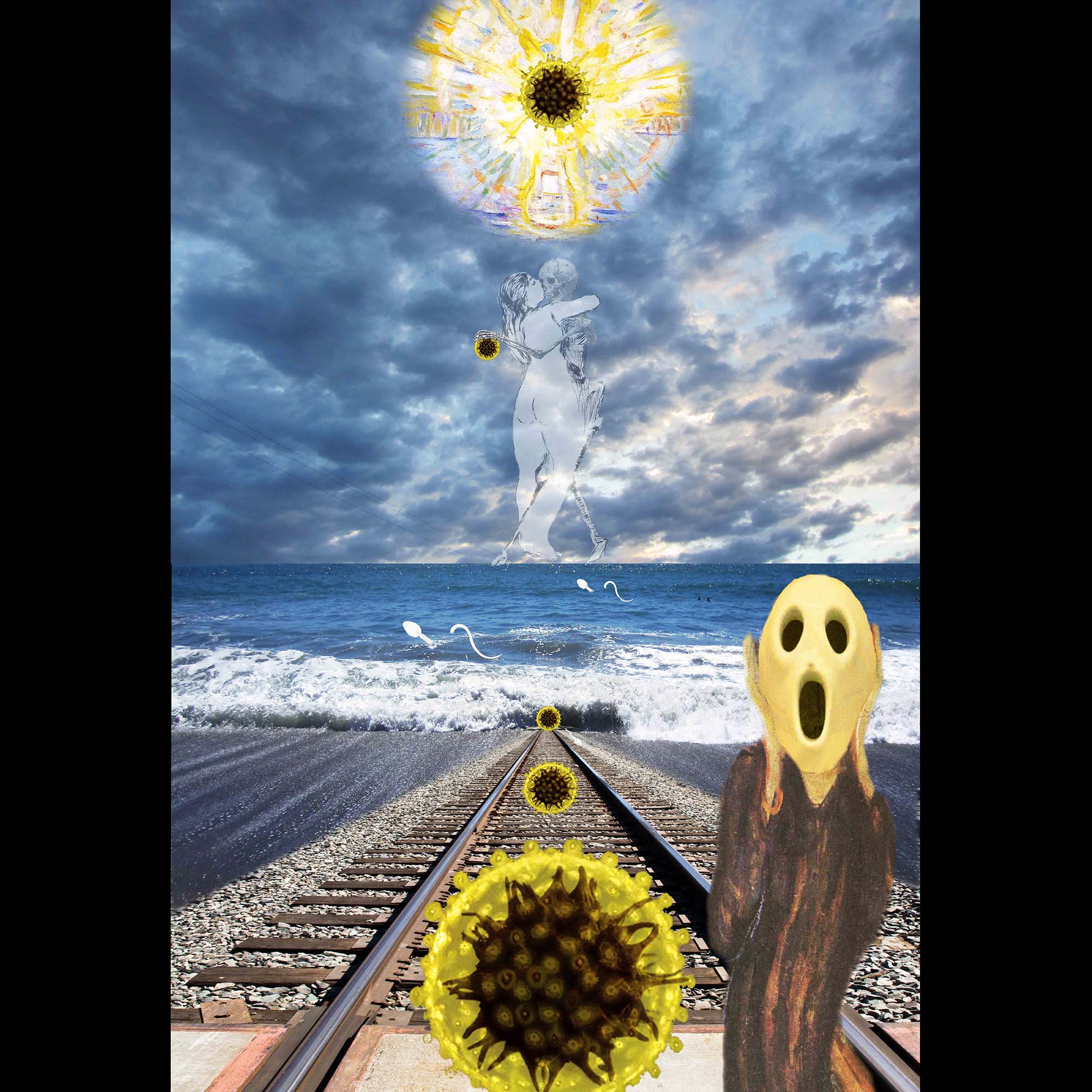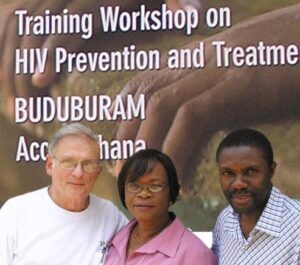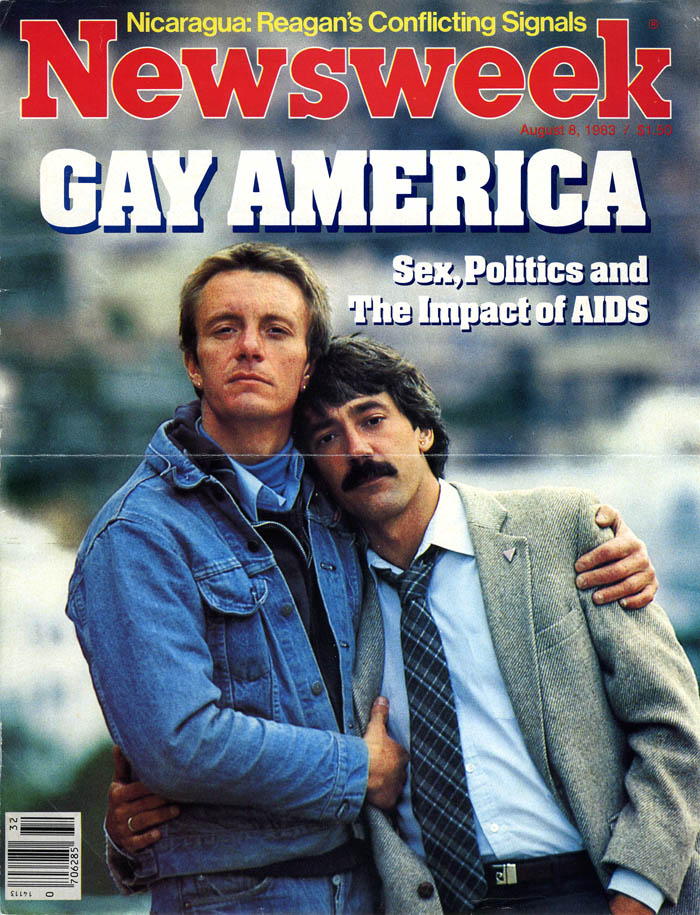Exhibit Reception: October 4th, 2017, 12 pm to 2 pm
Opening Remarks at 12 pm by Drs. Arthur J. Ammann and Paul Volberding, Larkin Callaghan, PhD
Location: UCSF Parnassus Library, 530 Parnassus Avenue, San Francisco, 1st Floor Lobby (take the elevator or the stairs to the ground floor), UCSF Shuttles & Parking, Public Transportation
This event is free and open to the public. Light refreshments will be provided.
REGISTRATION REQUIRED: http://calendars.library.ucsf.edu/event/3527701
This exhibit will be on view at the UCSF Library from October 4th, 2017 through March 30th, 2018.

Dr. Ammann. No One Is Listening.
Montage: Jiří Cernicky, Schizophrenia. (1998)
Edvard Munch, Maiden and Death. (1894).
Edvard Munch, The Scream. (1893)
Edvard Munch, The Sun. (1912)
Out of the Void, Pacific Ocean
Liquidambar styraciflua (seed pods)
Join UCSF Archives & Special Collections for the exhibit opening and reception of “HIV: A Plague of Violence Against Women”. This exhibit features a collection of photo montages by Arthur J. Ammann, M.D., a pediatric immunologist and advocate known for his research on HIV transmission and his role in the development of the first successful vaccine to prevent pneumococcal infection in 1977. Dr. Ammann is also the founder of Global Strategies (http://www.globalstrategies.org/) , a nonprofit organization that serves women and children in the most neglected areas of the world where he witnessed not one but two epidemics affecting women —sexual and physical violence and HIV.
Through his surrealist lens, Dr. Ammann’s photo montages document the suffering he witnessed during his time working with HIV infected women in Africa. The world of art has been a refuge for Dr. Ammann since his childhood. The creations of great artists spoke to him about the unrelenting violence against women, the struggle between good and evil, and the valley of the shadow of death. Paintings by Blake, Bosch, Giotto, Kahlo, Munch, Caravaggio, Titian, Dali, Freud, Nerdrum, and Picasso, resonated with what he felt from his experiences.
For over a decade he put the images together, took them apart, and put them together again. The title of each photo montage is accompanied by a quote or words, many derived from the stories women told. These images are a collective demand that “Violence against women must be stopped.”

Dr. Ammann with collagues
The exhibit is also a call to action for Dr. Ammann: “We must never accept violence and injustice nor ignore its enduring wounds. We can create new voices and images for advocacy. We can move to repair the physical, emotional, and spiritual scars that remain. We can provide inexpensive and easy to use medicines to prevent the complications of rape―HIV, other sexually transmitted infections, and unwanted pregnancy.”
We invite you to explore this visually arresting exhibit in support of Dr. Ammann’s efforts to end violence against women.

